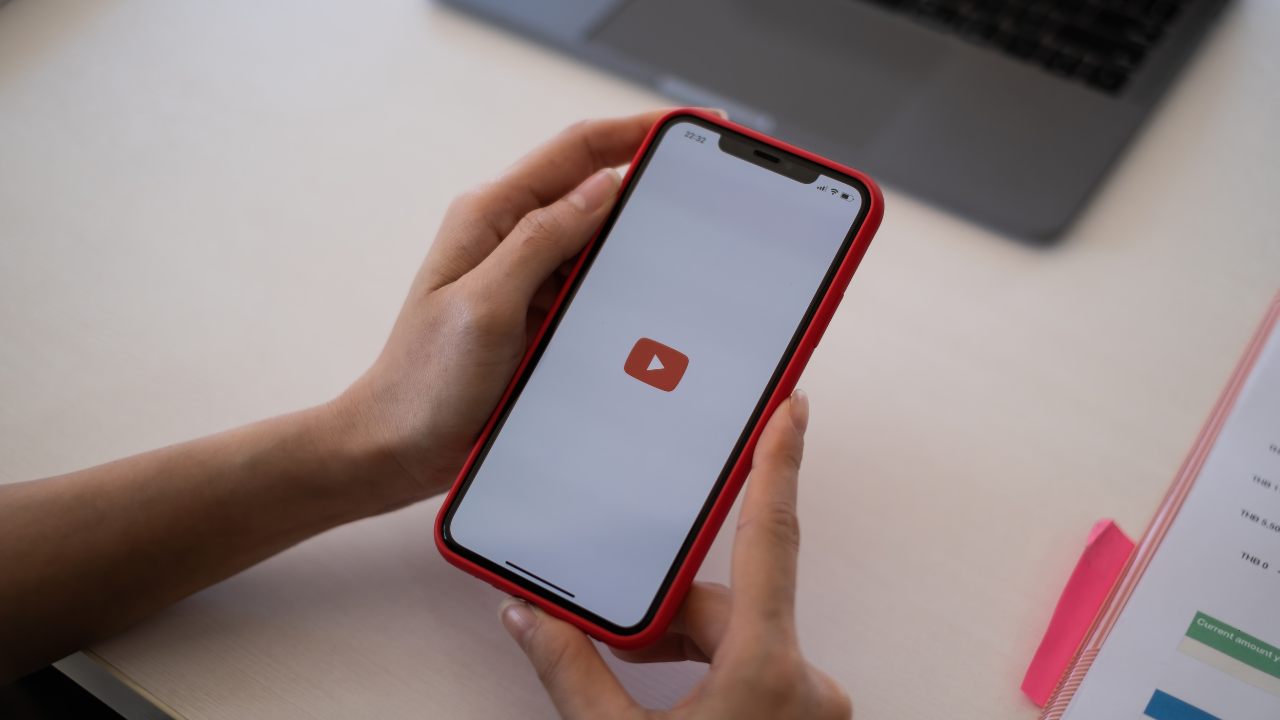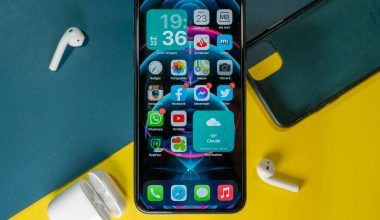Creating my music video is one of the most exciting and impactful ways to share your music. It’s not just about showcasing your song; it’s a visual representation of your creativity and brand. A great music video can captivate your audience, boost your visibility, and even go viral.
But making a music video isn’t just about filming and uploading it online. It requires careful planning, creativity, and a solid promotional strategy. In this guide, we’ll walk you through every step of the process—from ideation to distribution—to ensure your music video gets the attention it deserves.
Why Is a Music Video Important?
A music video is more than just a visual element to your song. It plays a vital role in your music career. Here’s why:
- Engages Your Audience: Visuals make your song more memorable and emotionally impactful.
- Expands Your Reach: Platforms like YouTube and TikTok help you reach millions of viewers.
- Builds Your Brand: A well-made music video reinforces your artistic image.
- Boosts Song Popularity: A captivating video can make your song go viral.
Investing time and effort into creating my music video can pay off in multiple ways.
Planning My Music Video
Before you start shooting, you need a solid plan. Here’s how to prepare:
1. Define Your Vision
- What story do you want your video to tell?
- What emotions do you want to convey?
2. Set a Budget
Determine how much you can spend on production, equipment, and promotion.
3. Choose a Location
Pick a setting that complements your song. This could be a studio, an outdoor spot, or even a simple backdrop.
4. Storyboard Your Ideas
Create a visual outline of your music video. This helps you stay organized and ensures everyone involved understands the concept.
Planning is a crucial first step in making my music video stand out.
Producing My Music Video
Production is where your vision comes to life. Here’s what you need to focus on:
1. Hire a Team
- A videographer or director ensures professional-quality visuals.
- A crew for lighting, sound, and makeup may also be needed.
2. Use the Right Equipment
If you’re shooting on your own, invest in a good camera, tripod, and lighting equipment. Smartphones with high-resolution cameras can also work for budget-friendly shoots.
3. Focus on Lighting
Good lighting can transform the quality of your video. Use natural light, studio lights, or ring lights depending on your location.
4. Perform with Energy
Your performance in the video should reflect the emotion and energy of your song. Practice ahead of time to ensure you’re comfortable on camera.
A well-executed production ensures that my music video resonates with its audience.
Editing My Music Video
Editing turns raw footage into a polished masterpiece. Here’s how to do it right:
1. Choose the Right Software
- For beginners: iMovie, Canva Video, or Filmora.
- For professionals: Adobe Premiere Pro or Final Cut Pro.
2. Synchronize Audio and Video
Ensure your video aligns perfectly with your song. This includes lip-syncing and matching transitions to the beat.
3. Add Visual Effects
Enhance your video with filters, text overlays, or slow-motion effects.
4. Optimize for Platforms
Edit your video for different platforms. For example:
- Horizontal format for YouTube.
- Vertical format for TikTok or Instagram Reels.
Great editing is essential for making my music video visually appealing.
Promoting My Music Video
Creating a music video is just the beginning. Promoting it ensures it reaches the right audience.
1. Upload to Multiple Platforms
- YouTube: The primary platform for music videos.
- Social Media: Share clips on Instagram, TikTok, and Facebook.
- Music Platforms: Distribute on Spotify and Apple Music if they support videos.
2. Leverage SEO
Use keywords like “my music video” in titles, descriptions, and tags. This helps your video rank higher in search results.
3. Collaborate with Influencers
Partner with TikTokers, YouTubers, or Instagram influencers to share your video.
4. Engage Your Audience
Encourage fans to share your video or create user-generated content inspired by your song.
Promotion is key to ensuring my music video gains traction online.
Monetizing My Music Video
Your music video can also be a source of income. Here’s how:
1. YouTube Monetization
Enable ads on your YouTube video to earn revenue from views.
2. Brand Collaborations
Include product placements or partner with brands that align with your video’s theme.
3. Merchandise Sales
Promote your merch in the video or link to your store in the description.
Monetizing my music video helps you generate additional income while sharing your art.
Learning from Analytics
Track your video’s performance to understand what works and what doesn’t.
1. YouTube Analytics
Monitor metrics like views, watch time, and audience retention.
2. Engagement Metrics
Track likes, shares, and comments to gauge audience interest.
3. Adjust Future Videos
Use insights to improve your next music video project.
Analytics ensure that my music video continues to grow and reach new viewers.
- Focus on Storytelling: Create an emotional connection with your audience.
- Use Trending Topics: Incorporate popular themes or challenges.
- Optimize for Short-Form Platforms: Share catchy snippets on TikTok or Instagram Reels.
- Engage Your Fans: Encourage fans to share or remix your video.
Viral content often starts with a great idea and smart promotion.
Conclusion:
Creating my music video is a rewarding process that combines music and visuals to connect with your audience. From planning and production to promotion and monetization, every step plays a role in its success.
By following the tips and strategies in this guide, you can create a music video that captivates viewers, boosts your music career, and leaves a lasting impression. Start today and bring your music to life on screen.
Related Articles:
For further reading, explore these related articles:
- Music Bio: Write the Perfect Bio to Promote Your Music
- DJ Come: Explore the DJ’s Role in Music and Entertainment
- Global Music Charts: Trends, Insights, and Top Hits
For additional resources on music marketing and distribution, visit Deliver My Tune.






